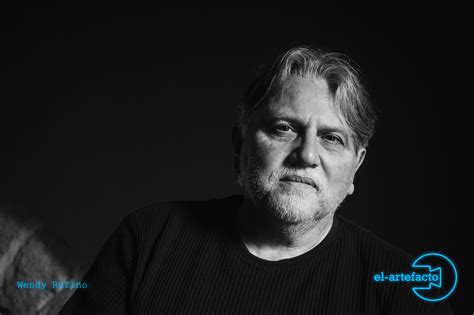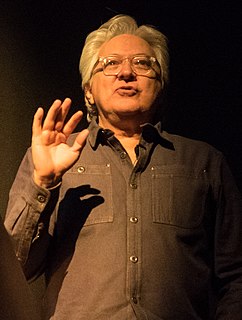A Quote by Gerardo Suter
I didn't choose photography. Photography chose me.
Quote Topics
Related Quotes
When I was in the 12th standard itself, I decided to join the Adyar Film Institute and study photography. I specifically chose photography because I see photography as an applied science. There is an artistic element also in it. If you perfect your scientific element, you can attain certain quality.
I chose makeup over photography because there was something very sensual about makeup that I loved. But photography was always in the back of my mind. That was always something that I was very connected with: looking at magazines, enjoying photography, and then taking pictures myself when I was a kid.
I collect art on a very modest scale. Most of what I have is photography because I just love it and it makes me happy and it looks good in my home. I also have a pretty big collection of art books mainly, again, on photography. A lot of photography monographs, which is great because with photography, the art itself can be reproduced quite well in book form.
To know whether photography is or is not an art matters little. What is important is to distinguish between good and bad photography. By good is meant that photography which accepts all the limitations inherent in photographic technique and takes advantage of the possibilities and characteristics the medium offers. By bad photography is mean that which is done, one may say, with a kind of inferiority complex, with no appreciation of what photography itself offers: but on the contrary, recurring to all sorts of imitations.
I didn't do well in high school, but I took photography, and I loved being able to capture moments. It led to more and more photography, and fashion was the angle into photography for me. It was incredible to see photographs by Irving Penn or Helmut Newton. I was really intrigued by that, and that's what led me to New York City.
Anthropology... has always been highly dependent upon photography... As the use of still photography - and moving pictures - has become increasingly essential as a part of anthropological methods, the need for photographers with a disciplined knowledge of anthropology and for anthropologists with training in photography has increased. We expect that in the near future sophisticated training in photography will be a requirement for all anthropologists. (1962)
































